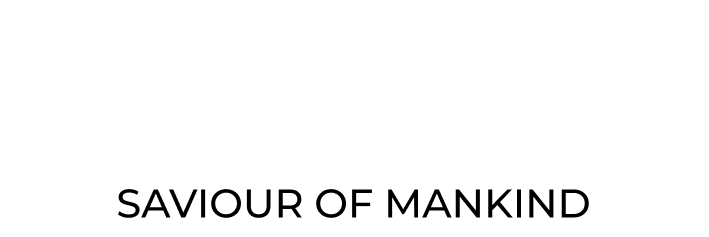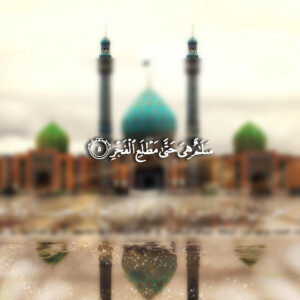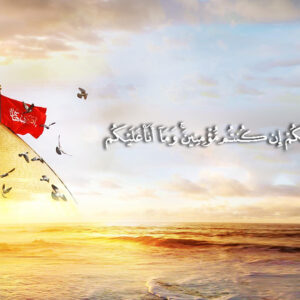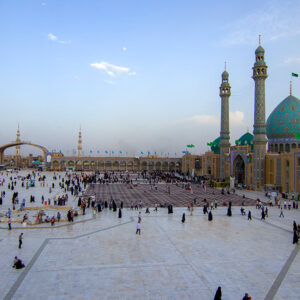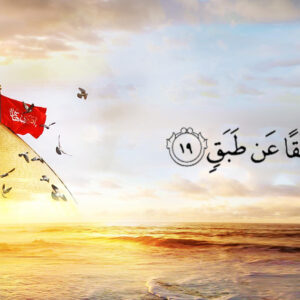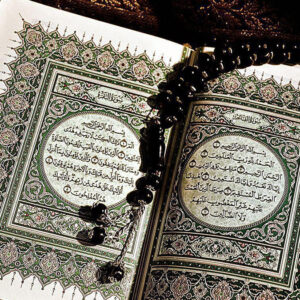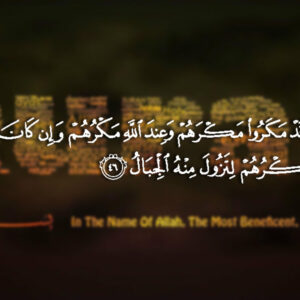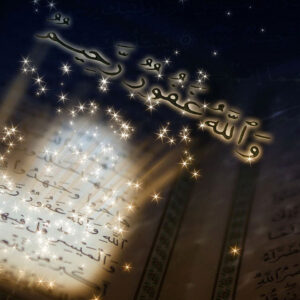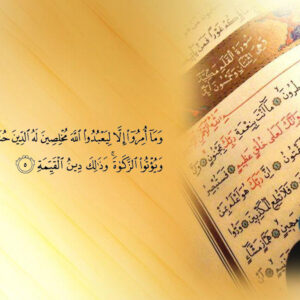ذَلِكَ وَمَنْ عَاقَبَ بِمِثْلِ مَا عُوقِبَ بِهِ ثُمَّ بُغِيَ عَلَيْهِ لَيَنصُرَنَّهُ اللَّهُ إِنَّ اللَّهَ لَعَفُوٌّ غَفُورٌ
“That (is so); and he who retaliated with the like of that whereby he was wronged, and again he was wronged, then most certainly Allah will help him; verily Allah is merciful, oft- forgiving”
Imam Sadiq (as) said, The Quraysh banished the Messenger of Allah (sawa) from Makkah, and he escaped, (hiding) in a cave. (The Quraysh) chased him in order to kill him. However, Allah retaliated against them on the Day of Badr.
Utbah, Shaibah, Waleed, Aba Jahl, Hanzala bin Abu Sufyan and many others were killed on that day.
After the death of the Prophet (sawa), (the enemies among the Quraysh) sought revenge for the Day of Badr by killing Husain (as) unjustly.
After the killing of Husain (as), Yazid bin Muawiya read the following poem:
I wish my forefathers of the Day of Badr could see the revenge of the tribes.
(If they could see it) they would be extremely pleased and they would say to me, “O Yazid! May your hand never be paralyzed.” I am not the son of Khindif (the mother of Quraysh) if I do not seek revenge against the children of Ahmad for what they did to us. We killed the elite of their masters and we avenged the Day of Badr; so now we are even.
(In this verse of the Quran), “he who retaliated” refers to the Prophet (sawa). “With the like of that whereby he was wronged” refers to the killing of Husain (as). “And again he was wronged, then most certainly Allah will help him” (this “help” refers to) the Qaem (as) who is from among his sons. (Tafseer Al Qummi volume 2 page 87)
- Read More: Mahdi in the Quran
